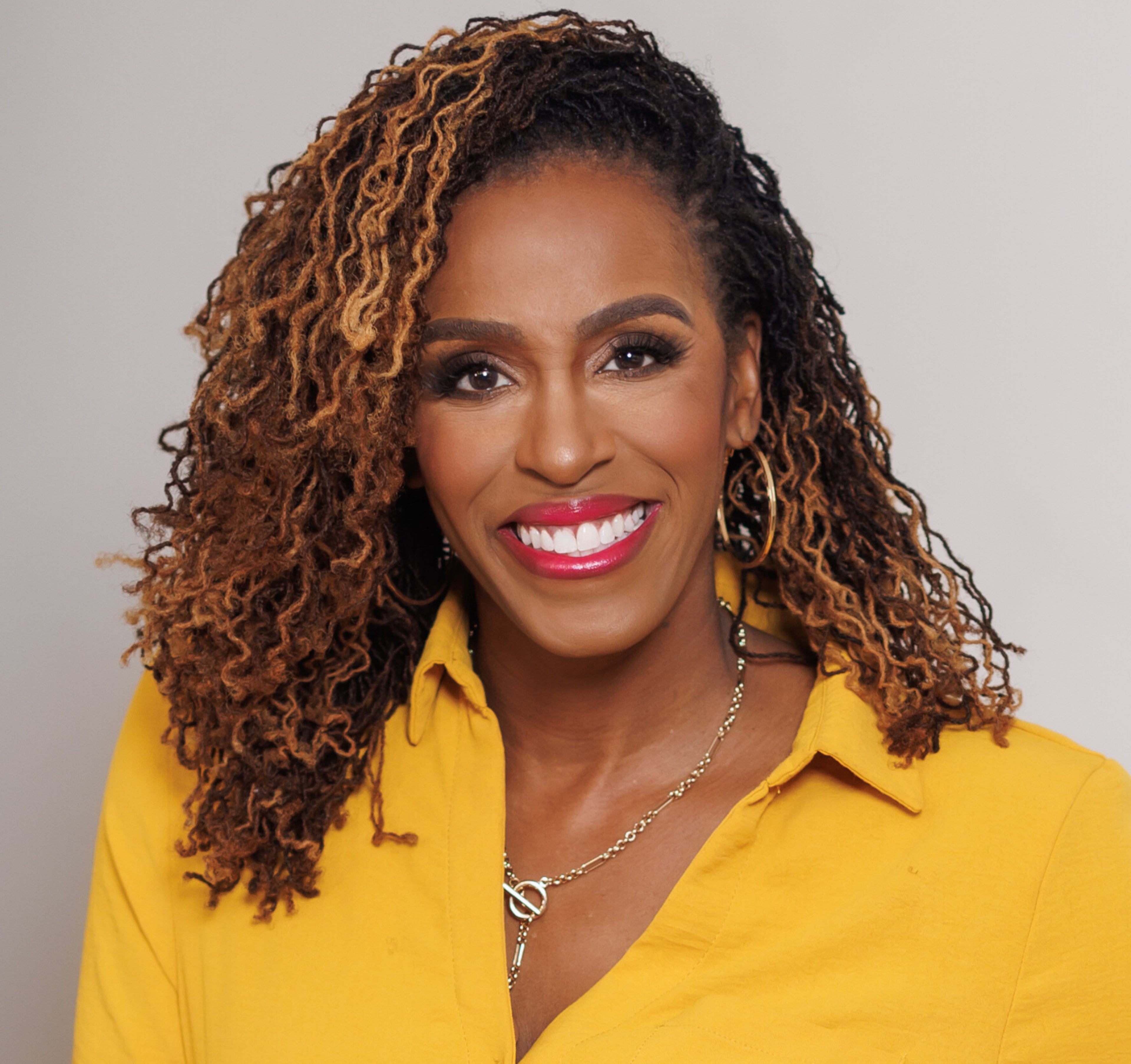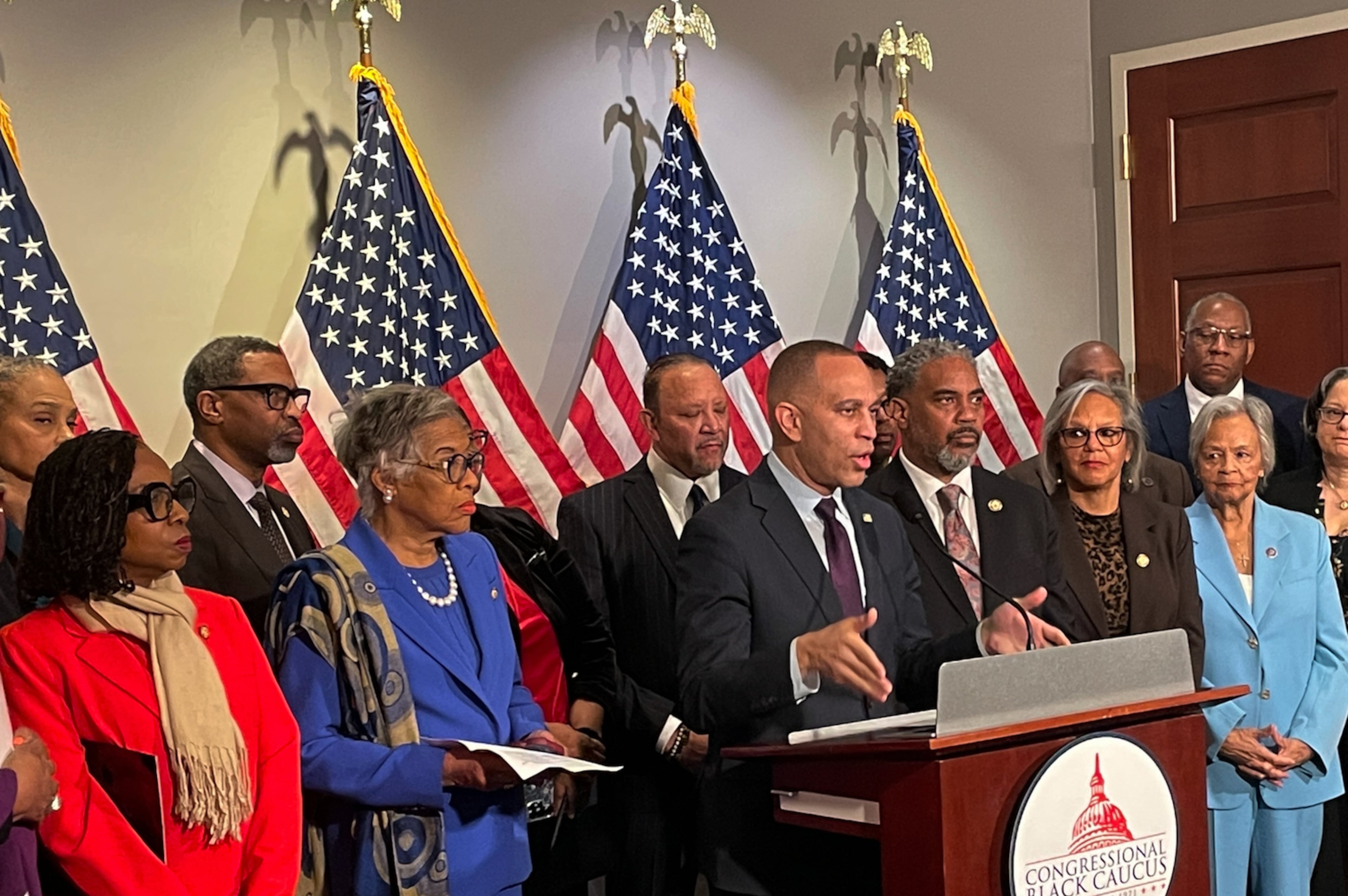Thursday is Black Women’s Equal Pay Day. Here’s what that means.

Thursday is Black Women’s Equal Pay Day, the day highlighting the wage gap between Black women and non-Hispanic white men, who, on average, earn about 36% more than their Black female counterparts.
“We use this day to call attention to those egregious wage gaps and also use it as an opportunity to organize for solutions,” Deborah Vagins, director of the Equal Pay Day campaign for the nonprofit Equal Rights Advocates, told The Atlanta Journal-Constitution.
The reasons for this gap are complex, said Vagins. The first is that women are not always paid equally for the same work of male counterparts. But there is also the occupational segregation of Black women into minimum wage and sub-minimum wage jobs, workplace harassment and the lack of paid leave in many jobs that may push them out or decrease wages.
Looking nationally at all earners, which include those working full-time, part-time or seasonally, women on average make about 75 cents to the dollar of what white men make, according to Equal Rights Advocates. (Focusing only on women working full-time year-round, the gap is a bit narrower, 83 cents to the dollar.) But the wage gaps are wider when looking at specific racial and ethnic groups.
Black women make 64 cents to every dollar white men make, Equal Rights Advocates data show. For Native Hawaiian and Pacific Islander women, that gap is 61 cents. For Native American women, it’s 52 cents, and for Latinas it’s 51 cents.
Kiki Ramsey, an Atlanta-based positive psychologist and executive coach, has seen firsthand cases where her Black women clients earn less than their white male counterparts though they are in similar high-level roles.
Ramsey coaches her clients to try to close the gap by first documenting all the things they are doing to merit the pay they deserve and then to advocate for themselves.
She also recommends trying to find a mentor within the organization, or a sponsor, someone who will speak highly about her clients in rooms they are not in. But if the organization won’t increase pay, then it may be time to start looking to change jobs, Ramsey said.

“At the end of the day, if you don’t get the pay that you are worth, you may have to think of other options,” Ramsey said. “Is this the right place for you to be ultimately?”
For people who struggle in knowing how to negotiate, Ramsey recommends seeing if the company has professional development funds that could go toward a coach or training.
Vagins and her organization advocate for legislative solutions to close the wage gap, including raising the federal minimum wage, better combating pay discrimination, closing loopholes in equal pay laws, strengthening workplace harassment protections and providing paid leave.
This year, Vagins is also highlighting what she said were actions by the Trump administration that are worsening economic security for Black women, pointing to the firing of federal workers, which greatly impacted women and people of color, targeting diversity, equity and inclusion programs in the public and private sectors and ending minority contracting programs.
“We haven’t had new federal legislation that would get to the heart of some of these wage gaps to address them for decades,” Vagins said. “And now you have an administration that is attacking the very thing that … gave more opportunities for women of color.”
AJC Her+Story is a new series in The Atlanta Journal-Constitution highlighting women founders, creators, executives and professionals. AJC Her+Story is about building a community. Know someone the AJC should feature in AJC Her+Story? Email us at herstory@ajc.com with your suggestions. Check out all of our AJC Her+Story coverage at ajc.com/herstory.



